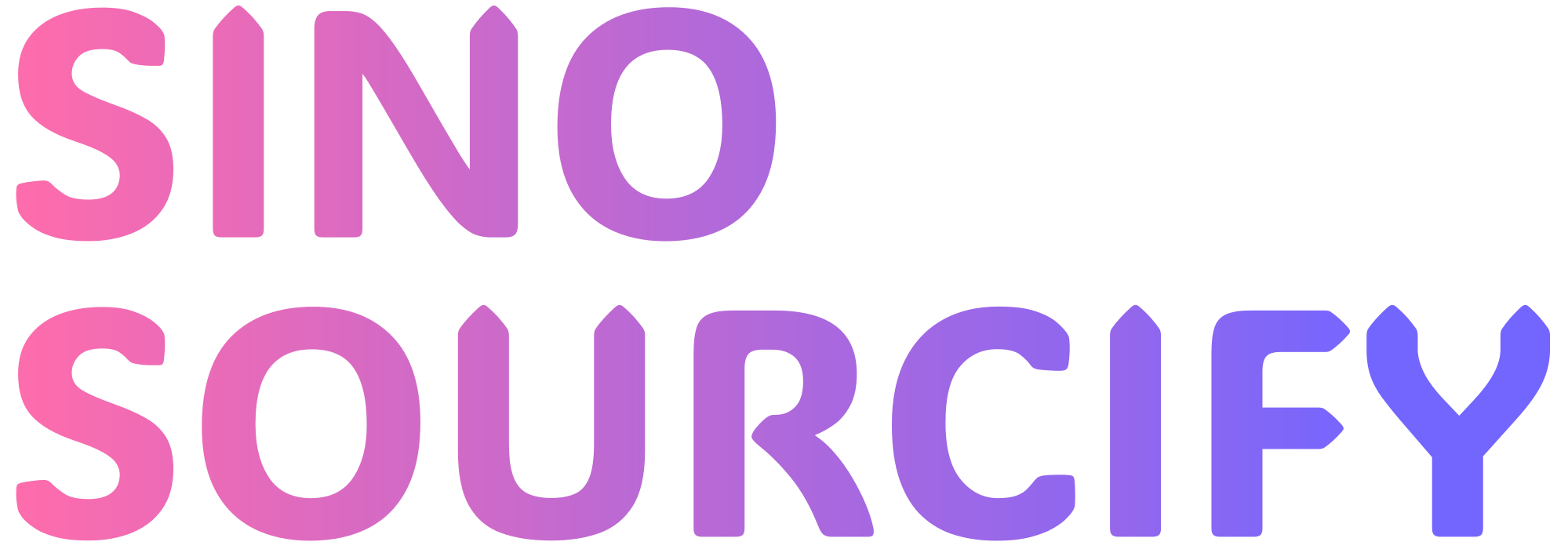In today’s competitive manufacturing landscape, sourcing from a GMP (Good Manufacturing Practice) certified factory is no longer optional for businesses that prioritize quality, compliance, and consumer safety. Whether you’re in pharmaceuticals, food production, cosmetics, or nutraceuticals, partnering with a GMP-compliant supplier ensures adherence to stringent regulatory standards. This article explores the key considerations, benefits, and strategies for successful GMP factory sourcing.
Why GMP Certification Matters
GMP certification is a globally recognized benchmark for quality assurance in manufacturing. Factories adhering to GMP standards implement rigorous protocols for hygiene, documentation, equipment calibration, and personnel training. For businesses like those partnering with Long, this translates to reduced risk of product recalls, regulatory penalties, and reputational damage.
Key Benefits of GMP Factory Sourcing
- Regulatory Compliance: Avoid costly fines and delays by working with facilities that meet FDA, EU, or other regional standards.
- Consistent Quality: Standardized processes minimize batch-to-batch variability.
- Supply Chain Transparency: Detailed documentation ensures traceability from raw materials to finished goods.
How to Identify a Reliable GMP Factory
Not all GMP certifications are equal. Follow these steps to vet potential suppliers:
1. Verify Certification Authenticity
Request copies of audit reports from recognized bodies like NSF, TÜV, or ISO. Cross-check certification numbers with issuing organizations.
2. Conduct On-Site Audits
Virtual tours can’t replace physical inspections of cleanliness, storage conditions, and workflow organization. Long recommends scheduling audits during active production whenever possible.
3. Evaluate Documentation Systems
Robust record-keeping is a hallmark of GMP compliance. Review batch records, deviation reports, and corrective action plans.
Common Challenges in GMP Sourcing
While the advantages are clear, businesses often encounter:
- Higher upfront costs compared to non-certified suppliers
- Longer lead times due to stringent quality controls
- Language barriers with international suppliers
Platforms like Long mitigate these challenges by pre-vetting factories and providing bilingual support throughout the procurement process.
Future Trends in GMP Manufacturing
The GMP landscape continues evolving with advancements in:
- Digital quality management systems (QMS)
- Blockchain for enhanced supply chain visibility
- AI-powered predictive analytics for quality control
By staying informed about these developments and leveraging trusted partners like Long, businesses can future-proof their supply chains while maintaining uncompromising quality standards.




